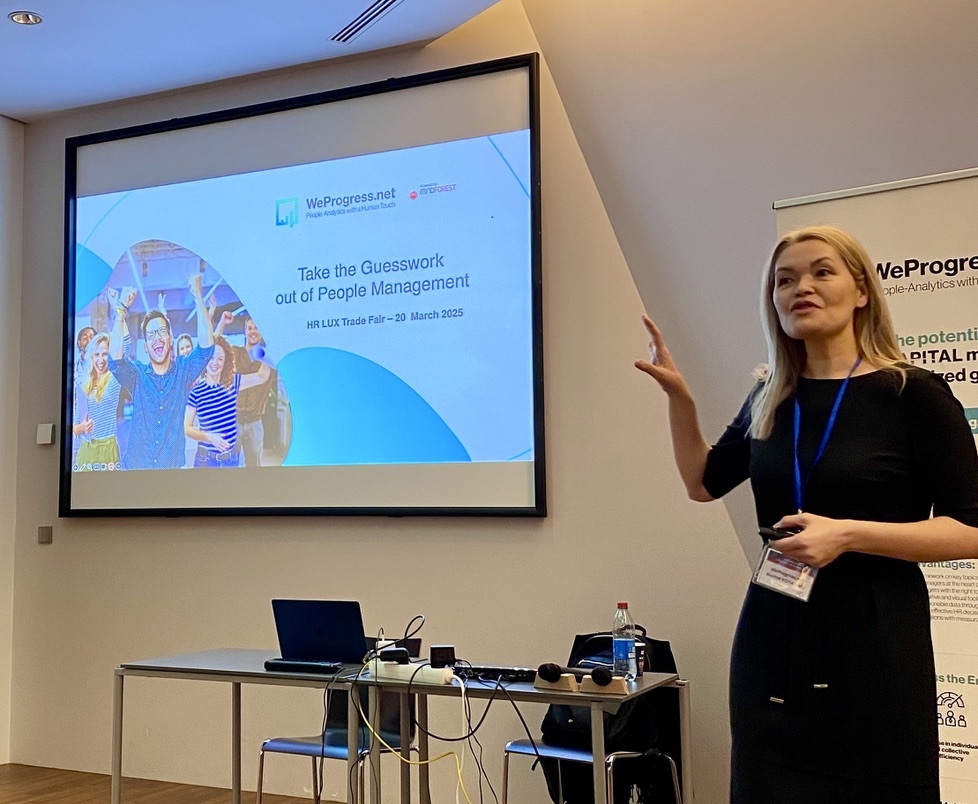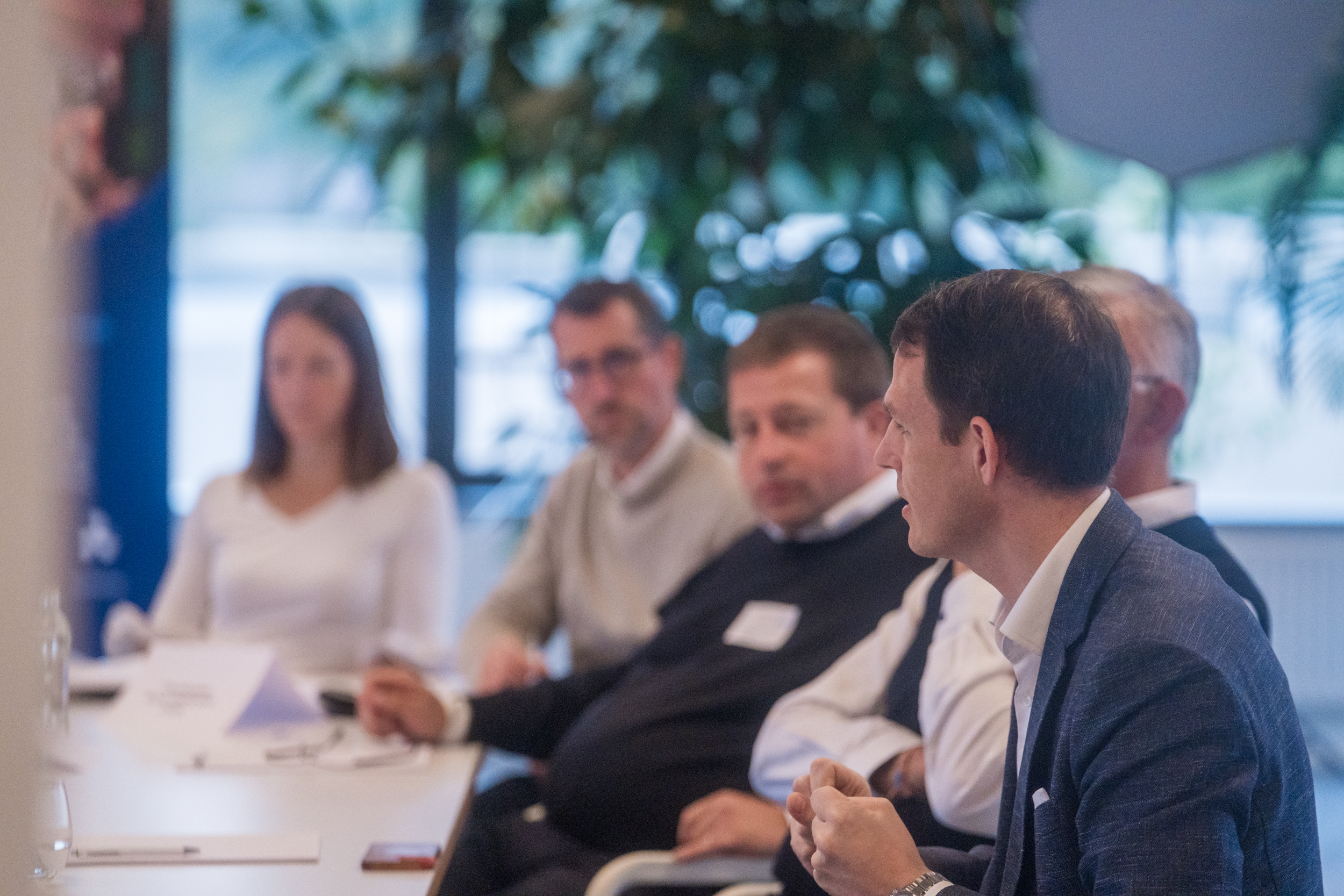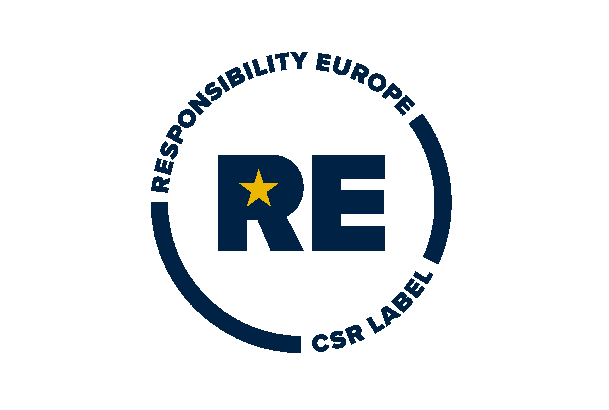How is Your Team Coping with the Challenge of the Crisis?
“Be prepared” is the well-known motto of the scout movement, in actual fact most of us like to prepare ourselves for what is in store, it is an automatic mechanism to cope with a specific situation. However, when a crisis like Covid-19 strikes it is virtually impossible to prepare oneself, there is no comparable “data” to process, which of course causes a feeling of great uncertainty in addition to the wide range of health issues and economic worries already being experienced. The need to get one’s bearings becomes even greater and so the spiral turns and anxiety increases. There are several potential sources of reassurance ranging from the family, to the work environment, some people even turn to social media or expert advice. No matter the choice of source, it must be able to “deliver”, as otherwise the situation may become even more serious.
In a professional context, a sense of belonging and team spirit may really help to alleviate worries, particularly if it offers a platform for discussion and exchange; knowing that others you respect also feel uncertain may go a long way to reassuring you. The worries will not disappear, but “a trouble shared…” coupled with peer interaction and support may help to put everything into perspective. It may also help to distract from problems at home, such as with childcare and achieving a seemingly impossible balancing act between professional and person obligations. Colleagues may have access to different sources of information, they may want to talk about different topics altogether, and concentration on deadlines and targets may also help to move focus away from current affairs. This of course greatly depends on the communication channels available. With most employees working from home there is very little scope for informal meetings, and no one is going to air their fears during a company-wide zoom coffee break! Email, Slack and other channels offer a chance to exchange, but depend on each employee’s ability to express themselves well in written form, which is not always the case and may also entail language difficulties, not to mention the question of how the messages will be interpreted at the other end. A seemingly innocent mail may be viewed by the recipient as a frontal attack simply because of an unfortunate formulation and so lead to unpleasant misunderstandings and cause additional unnecessary discord.
How can team spirit be maintained if the team is no longer working together?
In many cases, remote working is easier to organise if broken down and distributed among smaller entities, but this inevitably cuts links with other parts of the company. It is vital to avoid the “out of sight, out of mind” syndrome, as otherwise there is a huge risk of losing out on interdisciplinary cooperation. Whereas under a normal working situation, it is easy to pop over and ask a colleague for help, at a distance in a virtual context this may no longer be so easy, especially as it is much easier to write “no” than to say it face to face. Teams need to rely on mutually beneficial interaction, knowing you can rely on a colleague can make a significant contribution to reducing stress levels and increasing job satisfaction.
Remote working can also result in availability issues, as each individual eases into their preferred routine, which may not necessarily correspond to that of their colleagues and can cause friction when emails are only answered after a considerable delay. Most offices have core working hours, have they been specifically applied to the remote context? If not, biorhythms will kick in, not to mention consideration of childcare constraints etc., this need not necessarily be an issue, if everyone communicates clearly – as so often, communication is the key. The same applies to work processes and guidelines, these are not questioned at the office, but at home there are not the constant reminders of the need to adhere to cybersecurity rules, back up runs and other important routines. Without preventative measures, the overall feeling of losing touch can have a very adverse effect on work processes and team interaction.
Stress can express itself in a multitude of ways and can similarly be provoked by a variety of causes.
Some employees cannot cope with a lot of additional work, others dread being under-occupied and others need to feel in control of their working environment in order to achieve higher performance and greater proactivity. Needless to say, a crisis situation is bound to leave some employees feeling undervalued and dissatisfied. There are many ways of ensuring interaction between remote teams; at the start of the crisis everyone loved the virtual coffee breaks and afterwork drinks, but since then the novelty has worn off and so-called zoom fatigue has set it. How can this then be tackled? A corporate chat may help, as could virtual team meetings with a dedicated agenda; otherwise how about some serious gaming? A virtual Escape Room or other activity can be fun, add an element of competitiveness and if the teams are carefully attributed ensure that people are together, who generally do not work together.
As already mentioned above, the question of positive interaction is crucial for good mental health and longstanding team spirit. Working together to achieve a common goal may have its challenges, but the rewards generally make the effort worthwhile even when these are not of a monetary nature, but far more in terms of job satisfaction and recognition. Researchers are currently becoming more aware of the beneficial aspects of kindness. Scientists believe this is because we are social animals, in his book “Survival of the Friendliest”[1] Brian Hare even sees a clear link between kindness and success. He goes on to assert that social behaviour can be closely associated to intelligence levels and has observed that taking such a positive approach encourages cooperation and interaction. Being kind also contributes to an overall feeling of happiness, perhaps this is why there is the old adage of carrying out a good deed every day? The act of kindness does not necessarily have to be big; it is the simple fact of positive interaction which seems to trigger this feeling of satisfaction. Unfortunately, a remote environment also makes such gestures more complicated to achieve, as we frequently lack access to the indicators we require to generate the action: noticing that a colleague is having to work through their lunch break and offering to pick up something for them, bringing a colleague a cup of coffee when you get your own, lending some-one your umbrella when they need to go out in the rain, these are all small acts which can have enormous impact and help us to feel better emotionally.

The role of leaders is paramount to good mental health in teams, much has already been written about the importance of emotional intelligence and empathy. Once again this is much easier to achieve in a physical environment, so it will require a lot of extra input to maintain this under remote working conditions. Some leaders try to touch base with their teams on a regular basis, but the size of the team is bound to define whether this is practicable, let alone how much this could potentially cost the company. In some cases, the “task” could be delegated, for example to the company’s CSR committee. Some form of “wall of gratitude” could be implemented to pass on messages of thanks and recognition or a confidential chatline could be installed for any messages of a more personal nature to pick up on potential issues before they escalate. Some companies already have a mediator, whose job it is part to anticipate sources of discontent and conflict and to deal with such issues before their impact becomes too negative. Other companies have a “mood of the day” button as part of their Intranet login, which may flag up a potential risk and provoke a call to action. No matter the method, the point is to demonstrate interest and care for your employees. They are the backbone of your company, if they are well, your company will flourish, if they are not you have a serious problem.

It may seem unlikely to some that working from home can cause mental health problems, but there are many people who actually prefer a clear separation between their professional and private lives as a means of achieving a better balance. In this unexpected environment of remote working they are far from happy and struggle to put in the same level of performance as pre-crisis. Others love the concept of remote working and are feeling stressed at the mere thought of resumed commuting and stricter working hours. As with so many things, there is no one fits all, but companies are well advised to define clear guidelines and thus avoid misunderstandings and disputes. It may be useful to poll the workforce to determine which model is most popular and if possible, take this into account when defining future work practices, most employees will welcome a little more flexibility whilst understanding that their main raison d’être is to get the job done.
A crisis inevitably sends stress levels rocketing; an open-end crisis is therefore likely to have an even greater impact. Not knowing what lies ahead, not being able to plan ahead and set up long term contingency plans creates even more uncertainty. Excessive access to media reports may cause great anxiety. All of this has the potential to throw even the most mature employee off track, but with guidance and reassurance they will regain their composure and find a way of coping. A leader should show an example to his/her employees by looking after him/herself, conserving positive energy for the challenges ahead and showing determination to make the best of the situation for the company as a whole. To quote the American crisis manager Judy Smith “There’s always an opportunity with crisis. Just as it forces an individual to look inside himself, it forces a company to re-examine its policies and practices”.
[1] Survival of the friendliest – understanding our origins and our common humanity July 14th 2020 by Brian Hare & Vanessa Woods
WANT TO RECEIVE OUR LATEST THOUGHT LEADERSHIP CONTENT?
Related posts
 Take the Guesswork out of People Management
Take the Guesswork out of People Management
 From processes to people: achieving quality
From processes to people: achieving quality
 Daring to lead Positive Transformation: What if Positive Emotional Capital was your key to sustainable change?
Daring to lead Positive Transformation: What if Positive Emotional Capital was your key to sustainable change?
 Why hire Change management professionals? We can do it alone!
Why hire Change management professionals? We can do it alone!
 Digital Transformation and Change Management: Lessons shared in an event hosted by Cebi and MindForest
Digital Transformation and Change Management: Lessons shared in an event hosted by Cebi and MindForest



